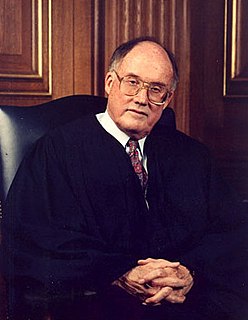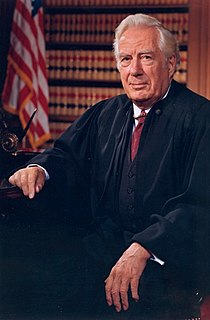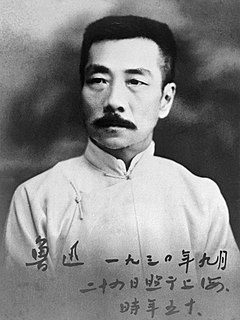A Quote by Dahlia Lithwick
Pulling a crystalline, cogent rule out of the murk of the court's First Amendment, public forum, and Establishment Clause doctrine is an act of creation too complicated for mere mortals.
Related Quotes
A funny thing happened to the First Amendment on its way to the public forum. According to the Supreme Court, money is now speech and corporations are now people. But when real people without money assemble to express their dissatisfaction with the political consequences of this, they’re treated as public nuisances and evicted.
Reread that pesky first clause of the Second Amendment. It doesn't say what any of us thought it said. What it says is that infringing the right of the people to keep and bears arms is treason. What else do you call an act that endangers "the security of a free state"? And if it's treason,then it's punishable by death. I suggest due process, speedy trials, and public hangings.
It is impossible to build sound constitutional doctrine upon a mistaken understanding of Constitutional history... The establishment clause has been expressly freighted with Jefferson's misleading metaphor for nearly forty years... There is simply no historical foundation for the proposition that the framers intended to build a wall of separation... The recent court decisions are in no way based on either the language or intent of the framers.
The men who wrote the First Amendment religion clause did not view paid legislative chaplains and opening prayers as a violation of that amendment... the practice of opening sessions with prayer has continued without interruption ever since that early session of Congress. It can hardly be thought that in the same week the members of the first Congress voted to appoint and pay a chaplain for each House and also voted to approve the draft of the First Amendment... (that) they intended to forbid what they had just declared acceptable.
Our Supreme Court has lifted the practice of buying legislation to the level of a constitutional principle by repeatedly protecting corporate spending for and against political candidates, as well as promises and threats of such spending to bribe and blackmail such candidates, by appeal to the free-speech clause of the First Amendment.
Pulling a gun's trigger can be an appalling act. But if it is suicidal drawing fire to save someone, it has an utterly different meaning. Placing your hand on someone's arm can be an act of deep compassion or the first step of betrayal. The punch line? It's all about context, and the biology of context is vastly more complicated than the biology of the behavior itself.




































